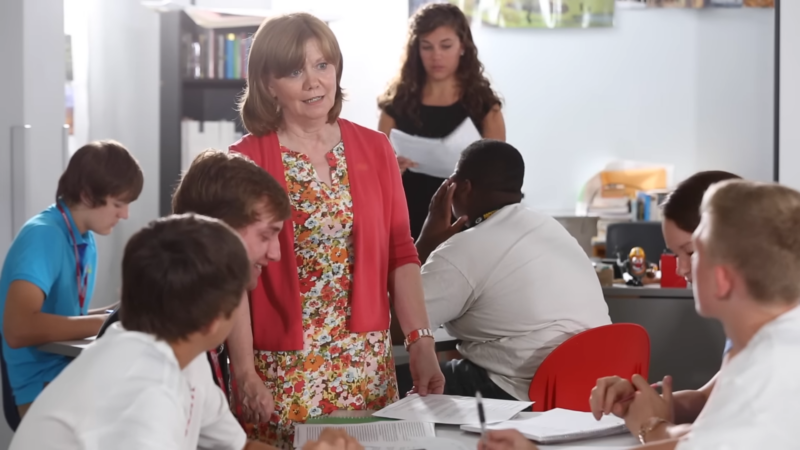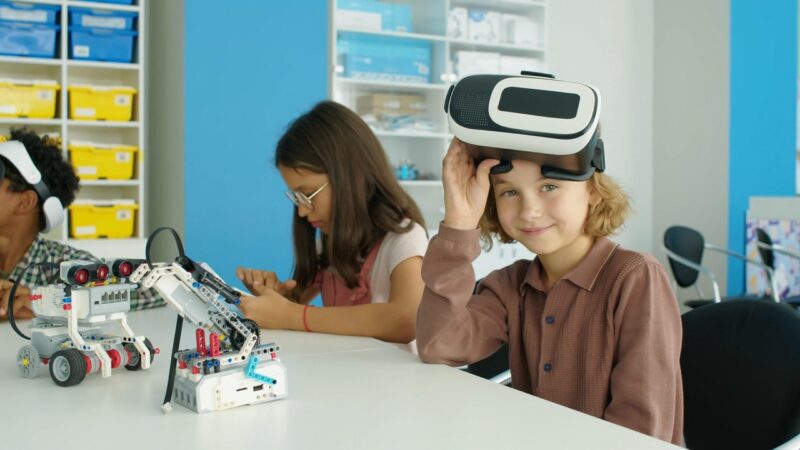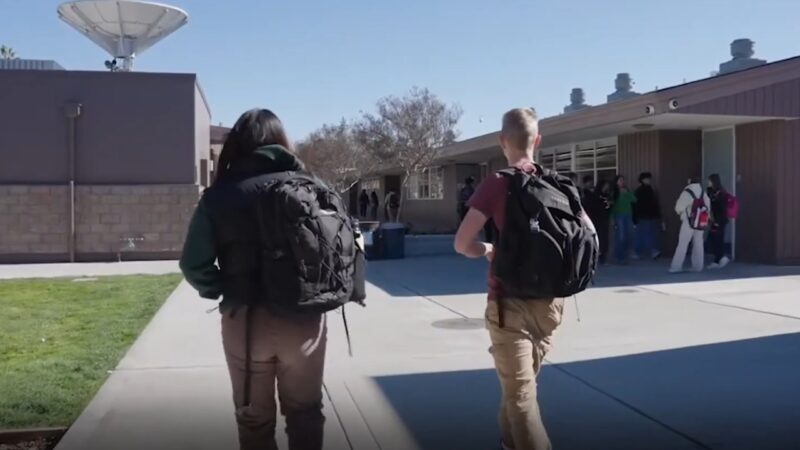Creating a nurturing educational atmosphere goes beyond the classroom walls.
It’s about the heart-to-heart connections we forge with our students, and just as crucially, the bonds we build with their families. In this place, we offer more than just simple explanations.
You’ll discover real-life stories and practical advice that come from experience. It’s all about working together with families truly and meaningfully.
Importance of Parent-Teacher Relationships
Evidence points to better student outcomes when teachers and parents team up.
They form a support system that motivates students to aim high. This collaboration leads to top-notch academic results, a zest for learning, and well-rounded emotional growth.
Building a bridge of communication and trust with parents and guardians is key. When teachers and parents pull together, they can overcome obstacles and give students the backing they need to thrive.
5 Tips for Building Connections With Parents and Guardians
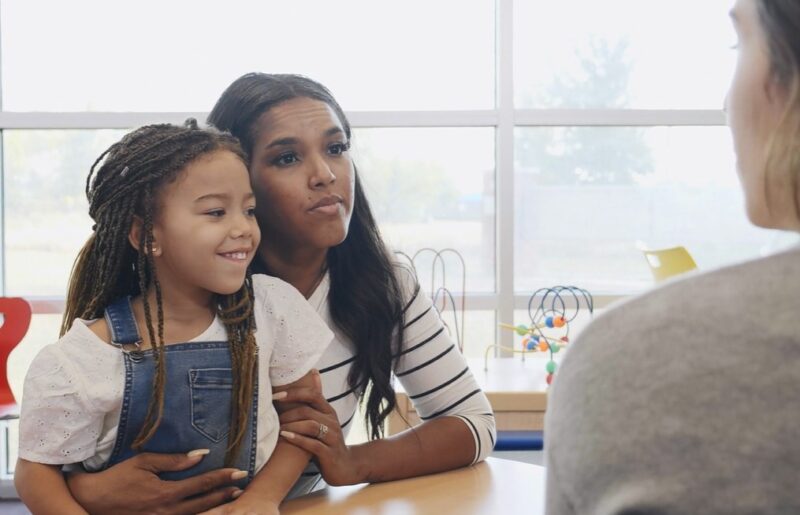
1. Make a Great First Impression
Kicking off the school year with a friendly hello can set the tone for what’s to come.
Orientation or open house events are the perfect time to meet parents and guardians.
It’s a chance to talk about who you are, your approach to teaching, and how everyone can work together for the students’ success.
2. Maintain Regular Communication
It’s good to mix it up—use newsletters, emails, phone chats, and face-to-face meetings.
Always share both good and bad. It helps give a full picture of how the kids are growing and learning.
3. Be Accessible and Approachable
It’s important to be reachable for parents and guardians.
Offer them different ways to contact you – email, phone, or even a chat over coffee.
Quick replies to their questions and worries show you care. And hearing them out builds a respectful bond that goes both ways.
4. Encourage Parent Involvement
Suggest ways they can help out, like volunteering in class, coming to school functions, or lending a hand with after-school clubs.
Being part of the action makes them feel part of their child’s learning world and tightens the team spirit within the school.
Parents may inquire about financial support available for students with Individualized Education Programs (IEPs), ensuring their child receives all necessary resources.
5. Show Empathy and Understanding
It’s good to remember that parents and guardians might have worries or find it tough to back up their child’s schooling.
Show you where they’re coming from by being kind and giving them solid tips or tools to deal with these hurdles.
What About Those Difficult Conversations?
1. Prepare For It
Collect all the important details and think about what questions might pop up. Then, come up with a thoughtful way to talk about it that’ll lead to positive solutions.
2. Focus on the Student’s Best Interest
When tough talks come up, make the student’s needs your top priority.
Go into the chat ready to solve things, and team up with the parent or guardian to map out a strategy that’ll help the student do great.
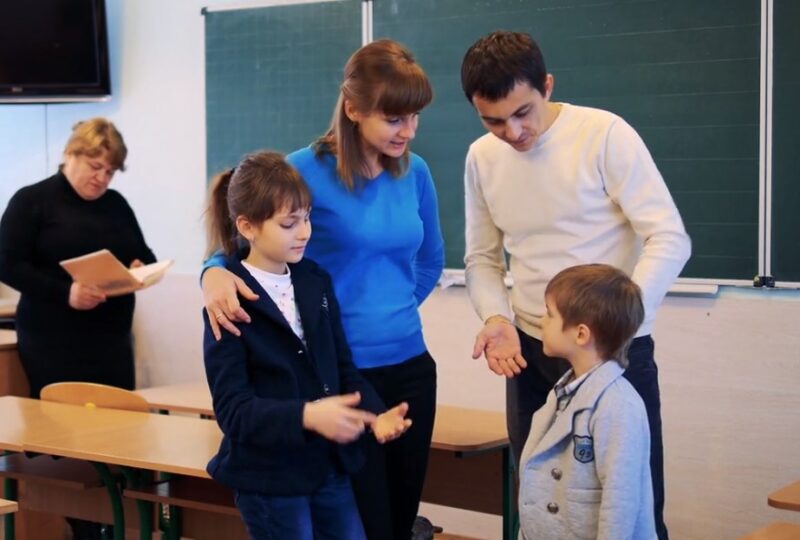
3. Listen Actively
Hearing out parents and guardians fully is a big part of good communication.
Let them share what’s on their mind freely. Show you understand and that you’re invested in their child’s happiness and growth.
4. Stay Calm and Professional
It’s important to stay cool and collected when conversations get tricky.
Keep away from getting defensive or starting a debate. Instead, concentrate on working out a solution that’s good for the student.
5. Follow Up
Once you’ve had a tough talk, it’s a good move to check back in with the parent or guardian.
It shows you’re serious about sorting things out. Keep them in the loop with how the student is doing and keep working together to do what’s best for the kid.
Try Raising a Positive School Culture
1. Develop a Shared Vision
A shared vision for your school starts with highlighting the value of solid connections between teachers and parents.
Get everyone involved, parents, guardians, and the wider school community – to shape this vision.
2. Provide Opportunities for Collaboration
Plan events and activities that unite teachers, parents, and guardians.
Think about hosting workshops, forming parent-teacher groups, or having fun social gatherings.
3. Empower Parents and Guardians
Giving parents and guardians the right tools and info is one of the best things you can do.
Host workshops on stuff they need to know, drop handy hints in your newsletters, and hand out learning materials.
This way, they’re all set to take an active role in their child’s education journey.
4. Acknowledge and Appreciate Parent Contributions
It’s crucial to acknowledge and value what parents and guardians do for the school.
A simple ‘thank you’ for their help, cheering on what they accomplish, and highlighting how they make the school a better place matters.
I always has been dreaming to become a writer. For me, be writer doesn’t mean you must officially publish your work. Its about just work. Write. Read. Think. Write again.
Be yourself.

